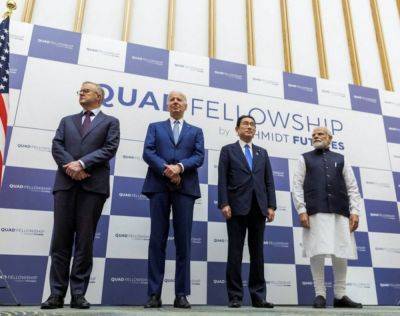UN’s plan to govern AI buys into the industry’s hype
The United Nations Secretary-General’s Advisory Board on Artificial Intelligence (AI) has released its final report on governing AI for humanity.
The report presents a blueprint for addressing AI-related risks while still enabling the potential of this technology. It also includes a call to action for all governments and stakeholders to work together in governing AI to foster development and protection of all human rights.
On the surface, this report seems to be a positive step forward for AI, encouraging developments while also mitigating potential harms. However, the finer details of the report expose a number of concerns.
Reminiscent of the IPCC
The UN advisory board on AI was first convened on October 26, 2023. The purpose of this committee is to advance recommendations for the international governance of AI.
It says this approach is needed to ensure the benefits of AI, such as opening new areas of scientific inquiry, are evenly distributed, while the risks of this technology, such as mass surveillance and the spread of misinformation, are mitigated.
The advisory board consists of 39 members from a diversity of regions and professional sectors. Among them are industry representatives from Microsoft, Mozilla, Sony, Collinear AI and OpenAI.
The committee is reminiscent of the UN’s Intergovernmental Panel on Climate Change (IPCC) which aims to provide key input into international climate change negotiations.
The inclusion of prominent industry representatives in the advisory board on AI is a point of difference from the IPCC. This may have advantages, such as a more informed understanding of AI technologies. But it may also have disadvantages, such as biased viewpoints in favor of commercial interests.
The recent







